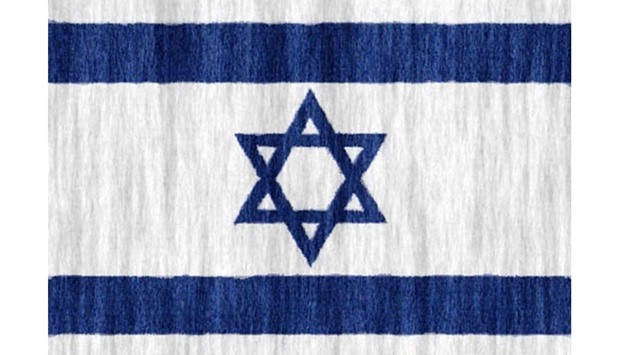Israel yesterday temporarily barred Palestinians from entering, a step criticised by the UN but which officials claimed was a response to a Tel Aviv shooting.
Thousands of Palestinians from the occupied West Bank, however, were allowed to attend weekly Muslim prayers at Al-Aqsa mosque compound in occupied East Jerusalem.
An army spokeswoman told AFP that crossings to Israel from the West Bank and Gaza Strip would be closed for Palestinians in all but “medical and humanitarian cases”.
She said the closure would remain in force until midnight tomorrow.
The measures came during the first Friday of the Muslim holy month of Ramadan, when tens of thousands of Palestinians visit Al-Aqsa to pray.
A spokeswoman for COGAT, the defence ministry unit which manages civilian affairs in the West Bank, said about 10,000 Palestinians were allowed to visit Al-Aqsa despite the ban.
Palestinian men between 12 and 35 were not allowed to enter the mosque, with those between 35 and 45 needing permission and those older than 45 having unrestricted access, police confirmed.
Sheikh Azzam al-Khatib, head of the Islamic Waqf which administers Al-Aqsa, said 100,000 people attended Friday prayers, down from more than 200,000 the year before.
Prime Minister Benjamin Netanyahu convened his security cabinet on Thursday and announced a slew of measures against Palestinians after Wednesday’s shooting in a Tel Aviv nightspot that killed four people, the deadliest attack in a months-long wave of violence.
Among the measures, the government said it was revoking entry permits for more than 80,000 Palestinians to visit relatives in Israel during Ramadan.
It also revoked work permits for 204 of the attackers’ relatives and the army blockaded their West Bank hometown of Yatta, with soldiers patrolling and stopping cars.
The government also said it was sending two additional battalions - amounting to hundreds more troops - into the West Bank.
United Nations rights chief Zeid Ra’ad al-Hussein’s office in a statement yesterday condemned the attack but said the Israeli measures may amount to “collective punishment”.
“The measures taken against the broader population punish not the perpetrators of the crime, but tens - maybe hundreds - of thousands of innocent Palestinians,” it said.
French Foreign Minister Jean-Marc Ayrault expressed concern that the Israeli measures risked “fuelling tensions”, while the US State Department hoped they would not increase tensions.

